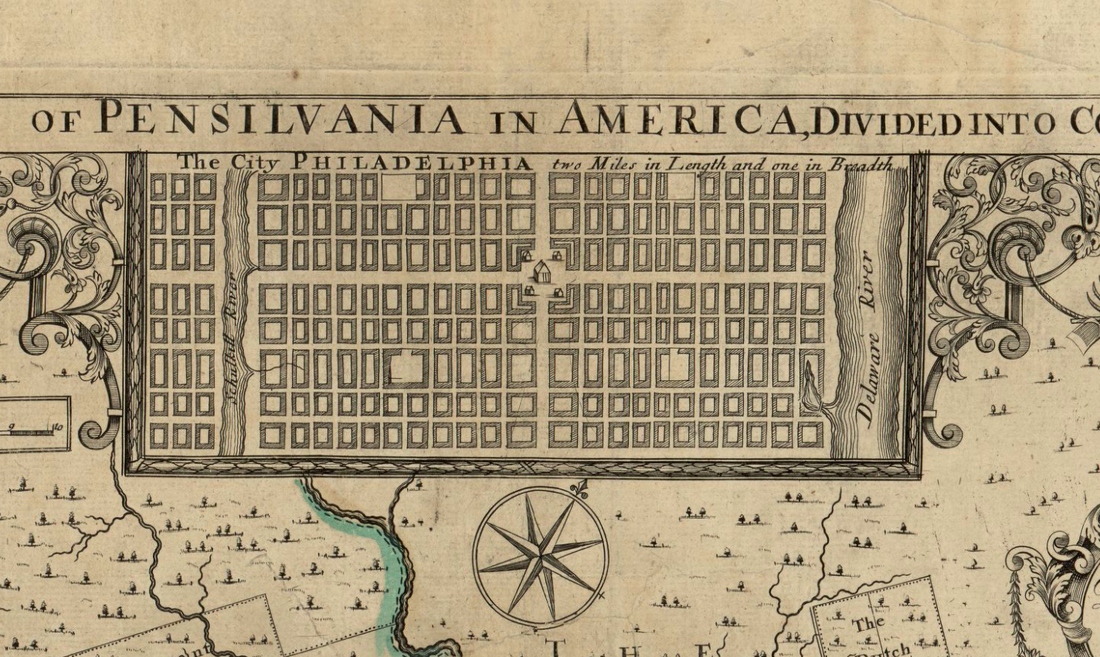|
I'd like to share a few do's and don'ts of writing historical fiction, things I wish I'd known when I began, and mistakes to avoid. First of all, if I did it, it's very likely you can too. You would not believe the absolute, pathetic mess my first drafts were. It requires a lot of time and effort, but it's fun!
Do's
Don'ts
You know when was the last time I burst into tears over my book? When I read my Kirkus review. I was so relieved and happy, I collapsed into my boyfriend's arms and sobbed. I so very much want the same for you! I hope something that I say or write helps a little to get you there.
0 Comments
|
Indra ZunoHistorical novelist still in disbelief that she finished her first book, and it won the2021 Benjamin Franklin Award. Archives
June 2020
Categories |

 RSS Feed
RSS Feed